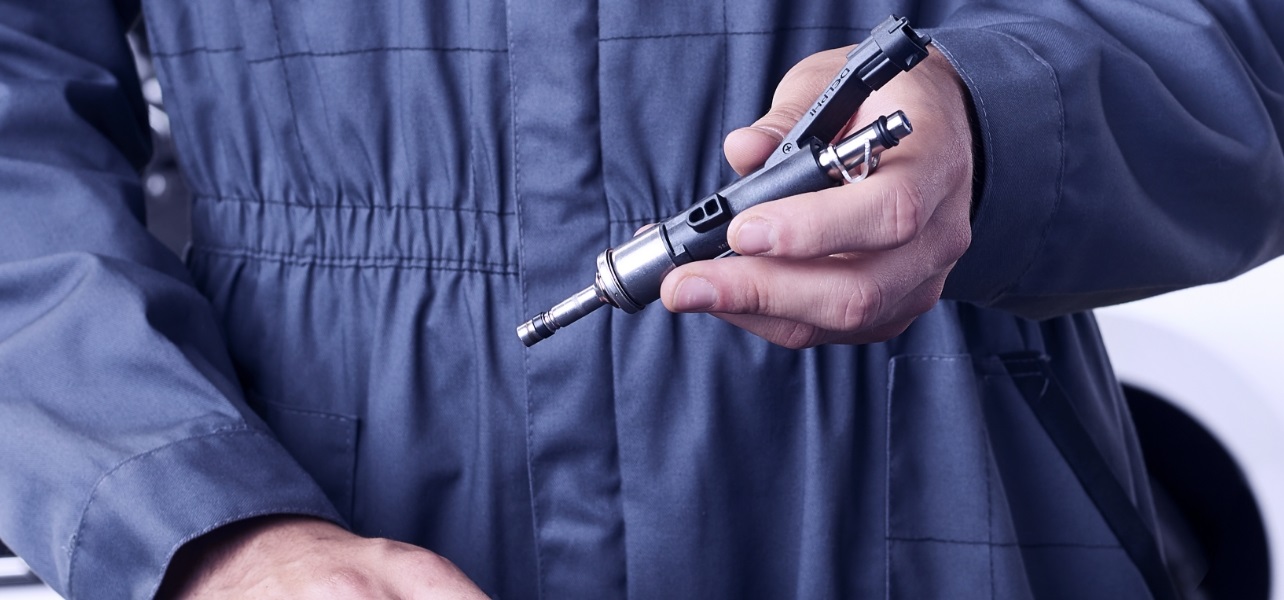Resource Highlights
A vehicle’s lambda sensor is there to ensure fuel is burning correctly in the engine by measuring the level of oxygen going through the exhaust system.
In this Masters of Motion video, discover why we don’t recommend cleaning a lambda sensor. Our Delphi expert shares:
Where is the lambda sensor located?
You will find the lambda sensor on the vehicle’s exhaust between the catalytic converter and exhaust manifold. Newer vehicles have two lambda sensors, with the second one placed right behind the catalytic converter.
What problems does a faulty lambda sensor cause?
If it’s not working properly, a faulty lambda sensor can cause an increase in fuel consumption and CO2 emissions – two important reasons why the problem needs resolving without delay. It can also lead to the catalytic converter becoming blocked.
How can I tell if a lambda sensor is faulty?
There are a number of symptoms to look out for. These include an engine warning light; the vehicle jerking when starting; higher than normal fuel consumption; and higher emissions of toxic gases coming from the exhaust.
Can a vehicle fail its MOT if the lambda sensor is faulty?
Yes, a defective lambda sensor means an instant MOT failure as it performs such an important function.
SIGN UP TO FIND MORE
Fill up your details to hear more from our experts and get the latest updates from Delphi.



